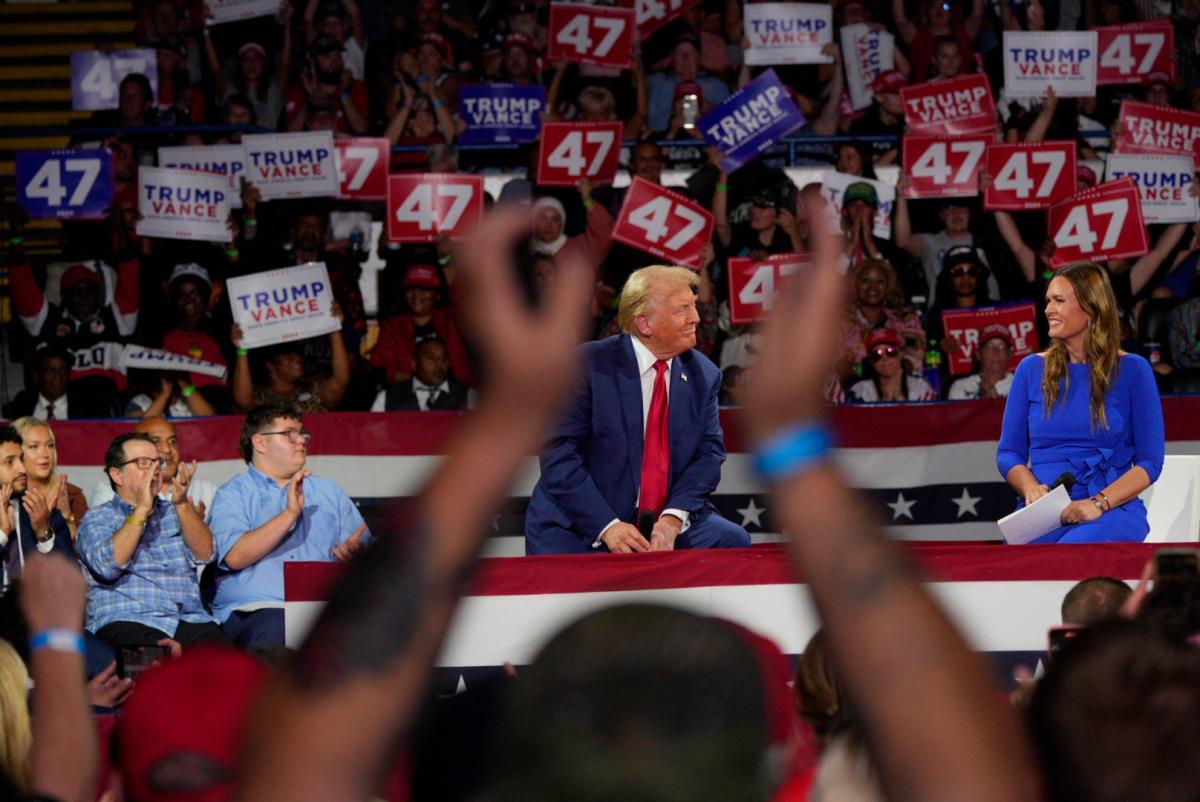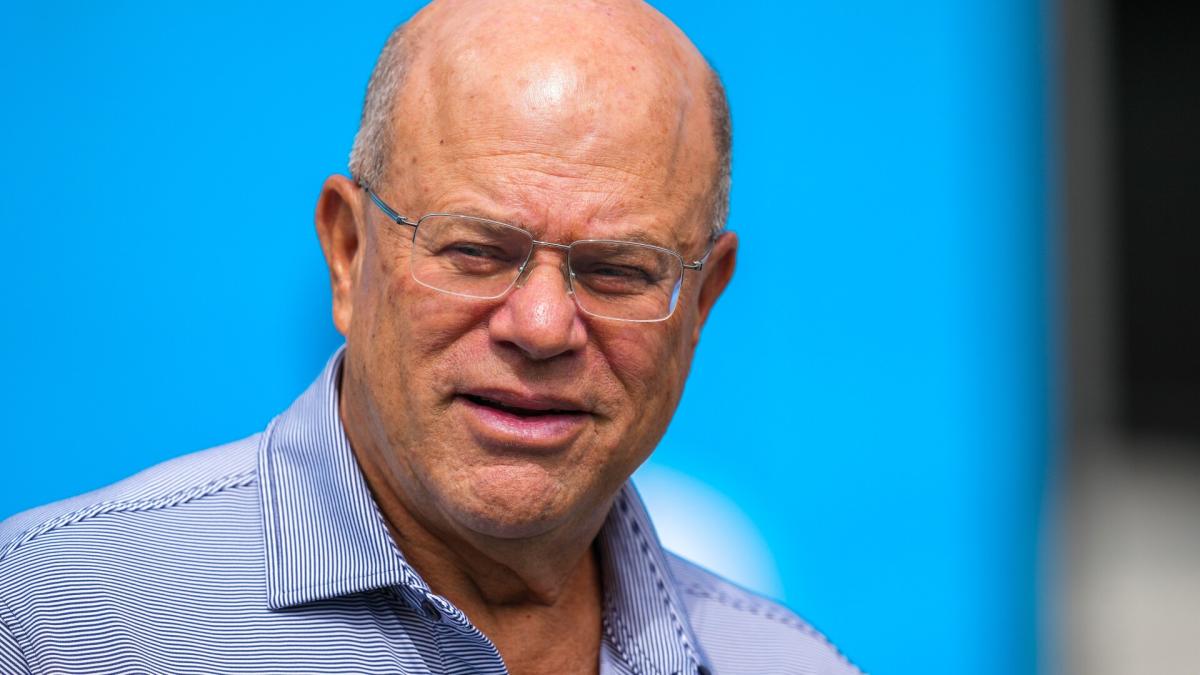In the 1972 Olympic basketball gold-medal game, the United States team, including El Pasoans Jim Forbes and Don Haskins as assistant coach, the American team beat the Soviet team 50-49. Later, by a 3-2 vote of a panel of Olympic officials, the Soviets were declared the winners, 51-50.
Following is an interview with Forbes who died Jan. 21, 2022. When this interview by Don Henry was published 20 years after the 1972 Games, Haskins did not participate saying, “I’m sick and tired of talking about the 1972 Olympics.”
July 20, 1992, El Paso Times
The great 1972 Olympic holdup
The sting is gone – two decades took care of that. However, the memory lingers.
“You’ve still got the memories, of what could have been, what should have been, what might have been.”
When Jim Forbes returned to El Paso and UTEP from Munich, Germany, 20 years ago, he felt the sting, the bitter sting of a defeat an entire nation couldn’t accept. On the Olympic basketball court in Munich in 1972, the United States team, including Forbes, won the gold-medal game over the Soviet Union, 50-49. But, in a conference room, by a 3-2 vote of a panel of Olympic officials, the Soviets were declared the winners, 51-50.
More: Military, veterans can stream Paris Olympics coverage for free
U.S. team members boycotted the medal ceremony
A string of 63 consecutive Olympic victories and seven Olympic championships came to an end. The U.S. team members boycotted the medal ceremony. Today Forbes and his teammates refuse to accept the silver medals for second place. Those remain locked in a Munich vault.
Twenty years have passed since the ’72 Games and Forbes is still asked about that game. UTEP coach Don Haskins was an assistant coach on that team too. While Forbes openly talks of his memories, Haskins doesn’t: “I’m sick and tired of talking about the 1972 Olympics.”
Haskins and Forbes agree, though, that victory was stolen from them.
“They (the Soviets) were the better team, they should have won,” Haskins said. “They averaged 28 years of age, it was their third Olympics to play together. It was the best Russian Olympic team ever.
More: Adventures in San Jacinto Plaza: Trish Long
We didn’t have our best team there
“And we didn’t even have our best team there, although we played as well as we could play Bill Walton (the 6-foot-10 All American center from UCLA) didn’t play. And the best re-bounder in the country wouldn’t stand for the National Anthem, so we didn’t take him.
“Even at that, we had a chance Mr. Iba (Henry Iba, the U.S. coach) called it. He said they (the Soviets) would give it to us in the end. They’d choke.
“And they did.”
Forbes was one of the youngest members of the team, turning 20 just weeks before going to Munich. The 6-7 forward from UTEP started several games in the Olympics, then played most of the championship game.
“That was not one of our better games – there weren’t many highlights,” Forbes said. “We played much better against Cuba and also against Italy in the semifinals.
“It was a slow, physical game. Dwight Jones got kicked out and Jim Brewer got knocked out.”
U.S. capitalized on turnovers
The losses of the two centers forced the U.S. into a different game, but late in the game and trailing, the quicker Americans went into a press. The Soviets felt the pressure and the U.S. capitalized on turnovers.
Iba inserted Doug Collins at guard, and his steal in the final seconds started the frenzied and controversial – finish.
“They tackled Collins (on a breakaway after the steal.),” Haskins said, “knocked him out.”
When Collins regained consciousness, he dropped in both free shots for a 50-49 U.S. lead with three seconds remaining.
Those three seconds remain the most bitter in U.S. basketball history. Twice given new life, the Soviets scored, center Aleksandr Belov taking a court-length pass, knocking Forbes to the floor, muscling past Kevin Joyce and scoring.
More: Trish Long: Glass-business owner built El Paso home with first pool on Montana Avenue
Final disputed score: USSR 51, U.S.A. 50
“We won the game,” Haskins said recently. “The scorebook never was signed (by the referees) to make it official. There was nothing wrong with the refs, it (the injustice) was at the scorer’s table.”
Forbes remembers all the commotion at the scorer’s table: “I was there. Coach Haskins and Coach Iba were there. There was a lot of yelling and screaming. Obviously, there was a language barrier. We lost the game by a 3-2 vote (of Olympic officials),”
Haskins: “We won the game and then lost it (via discussions among Olympic officials). When Mr. Iba and I left the arena that night – about 2 or 3 in the morning – we had won. They voted about 5 o’clock that morning, and when we woke up, we had lost it.”
Lost – for the first time in Olympic history.
Team refuses silver medals
Forbes remembers the team in the lockerroom immediately after the game, discussing refusing the silver medals.
“I do remember us watching the awards ceremony on television the next day,” he chuckled. “We weren’t there (when the medals were handed out).”
Just days after the game, Forbes was back in El Paso catching up on classwork that began while he was in Munich. A severe knee injury three weeks later would only add to his miseries. The injury and resulting surgery hampered his final two seasons at UTEP and his two attempts at pro basketball with the Chicago Bulls.
“Remorse? No. I was glad I was there,” Forbes said. “Obviously, I wished the ending had been different … I would go again.”
Trish Long may be reached at [email protected].

Sarah Wilson is your guide to the latest trends, viral sensations, and internet phenomena. With a finger on the pulse of digital culture, she explores what’s trending across social media and pop culture, keeping readers in the know about the latest online sensations.







